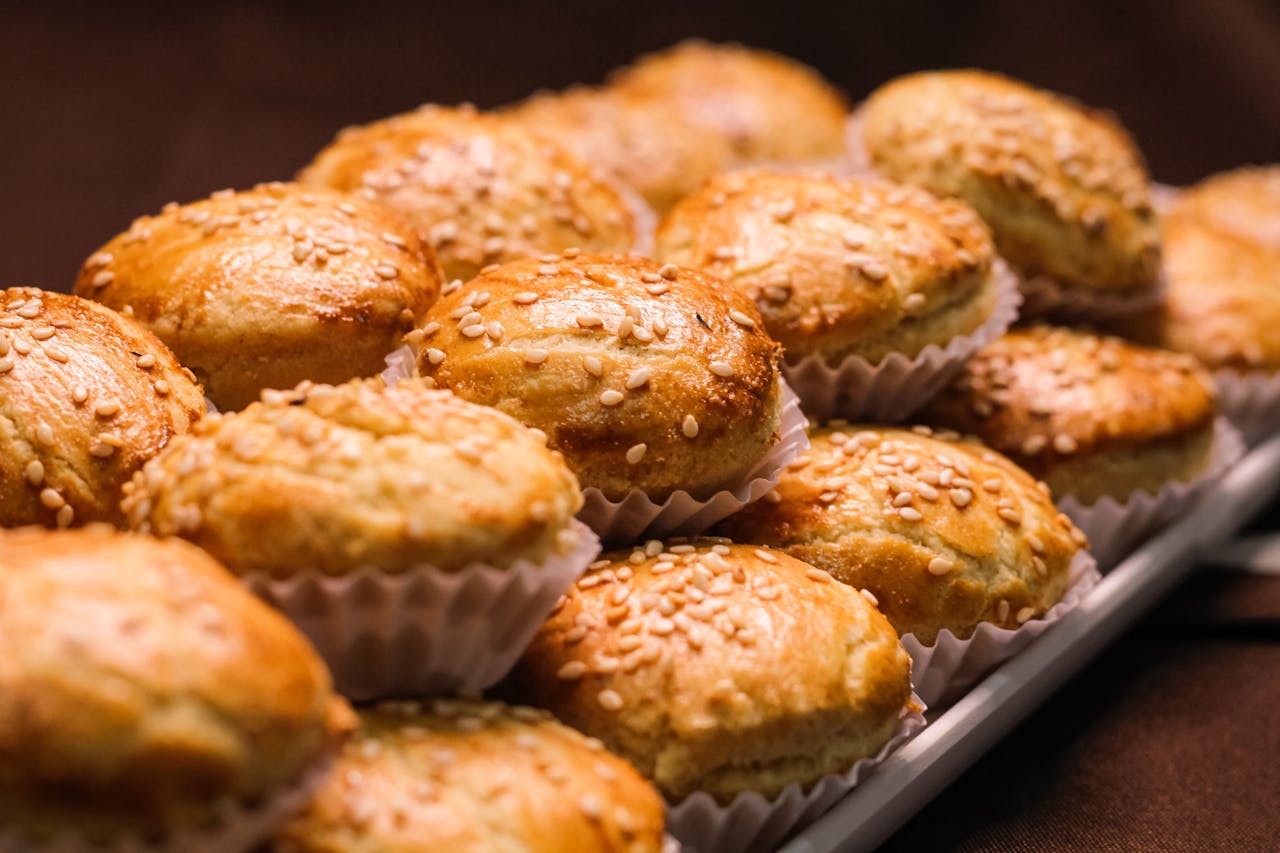Travelers rarely think of themselves as smugglers when they tuck a favorite snack into a suitcase. A chocolate egg, a jar of honey, or a few homemade sausages feel harmless, even thoughtful, when they are meant for family abroad. Customs officials, though, see disease vectors, safety violations, and wildlife risks. The clash between comfort food and strict rules shows how powerful food memories are, and how easily nostalgia can ignore fine print at the border.
Kinder Surprise Eggs

Kinder Surprise eggs still tempt visitors coming from Europe or Canada into the United States. To families, they are nostalgic treats with a tiny toy tucked inside. To American regulators, that toy is an illegal object embedded in food and considered a choking risk, which puts the classic egg on the banned list. People often pack several for children waiting at home, only to watch them get scooped into a customs bin without discussion.
Traditional Haggis With Sheep Lung
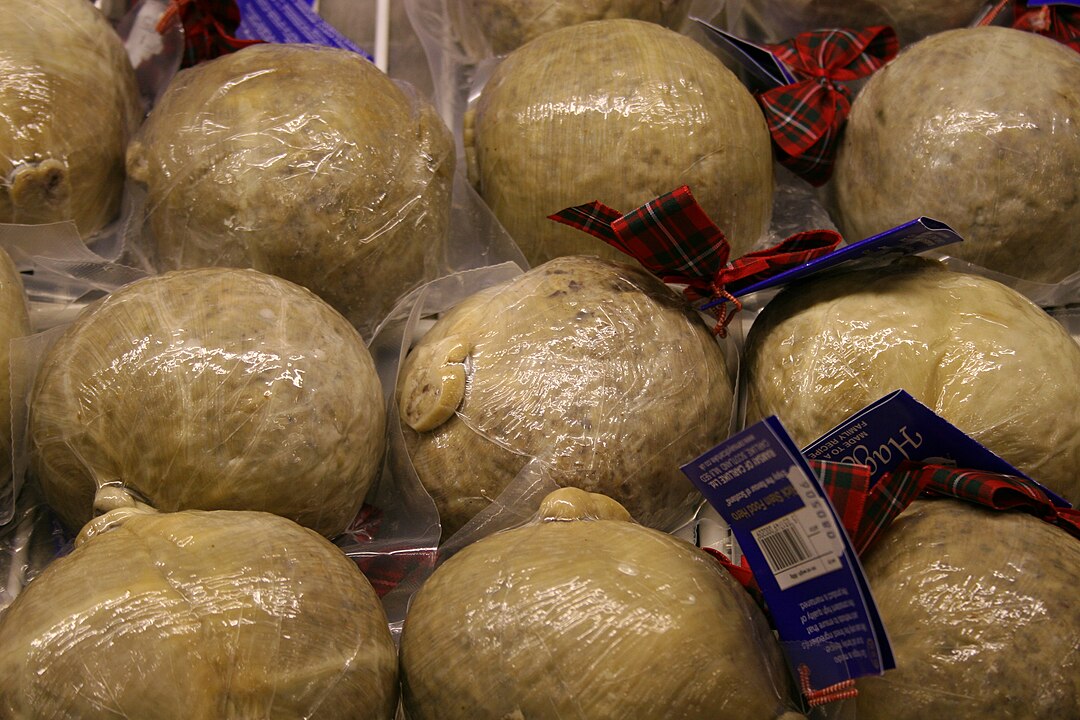
For many Scots, true haggis means sheep lung in the mix, not a modified recipe. U.S. rules have blocked imports of products made with sheep lung for decades, so even factory-sealed traditional haggis cannot legally cross the border. Travelers still wrap tins and vacuum packs in their checked luggage, hoping they will slip through unnoticed. Customs agents, working off clear rules, pull them aside and confiscate them before they ever reach a New Year’s table.
Chewing Gum Bound For Singapore

Chewing gum feels too ordinary to be a problem, which is why so many visitors misjudge Singapore’s stance on it. The country strictly controls gum sales and imports, allowing only narrow medical exceptions. People who fly in with bags of gum for friends or to survive long workdays find that officials treat it as contraband, not a snack. The surprise is often followed by a quiet fine and a quick lesson in reading local regulations.
Poppy Seed Snacks Heading To The UAE
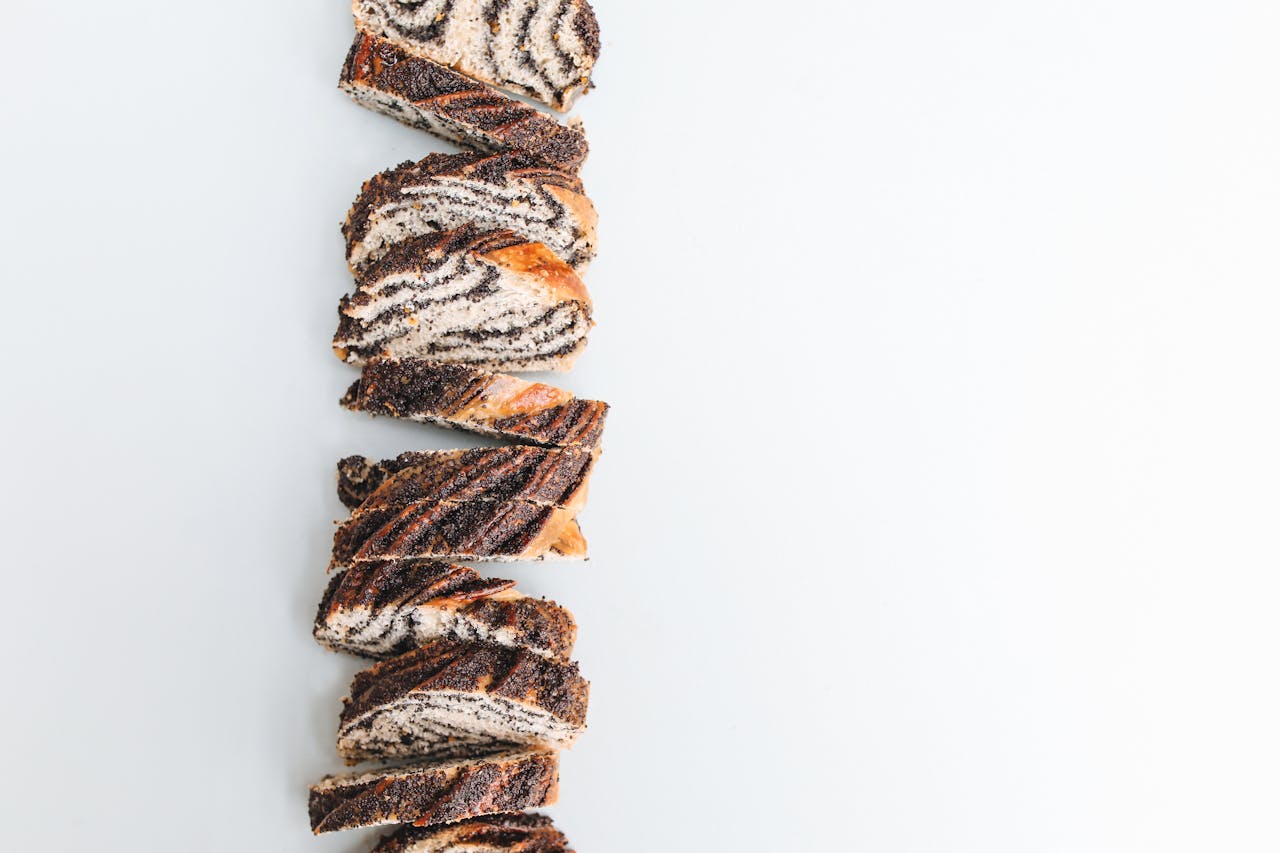
In many kitchens, poppy seeds are just another ingredient for breads, curries, and desserts. In the United Arab Emirates, they are treated as a controlled substance linked to opiates, and possession can lead to arrest. Travelers arriving with small packets in spice boxes or homemade snacks are often shocked by how serious the reaction is. What once felt like harmless comfort food suddenly becomes a legal emergency in a country with strict drug laws.
Raw Milk And Young Raw-Milk Cheese
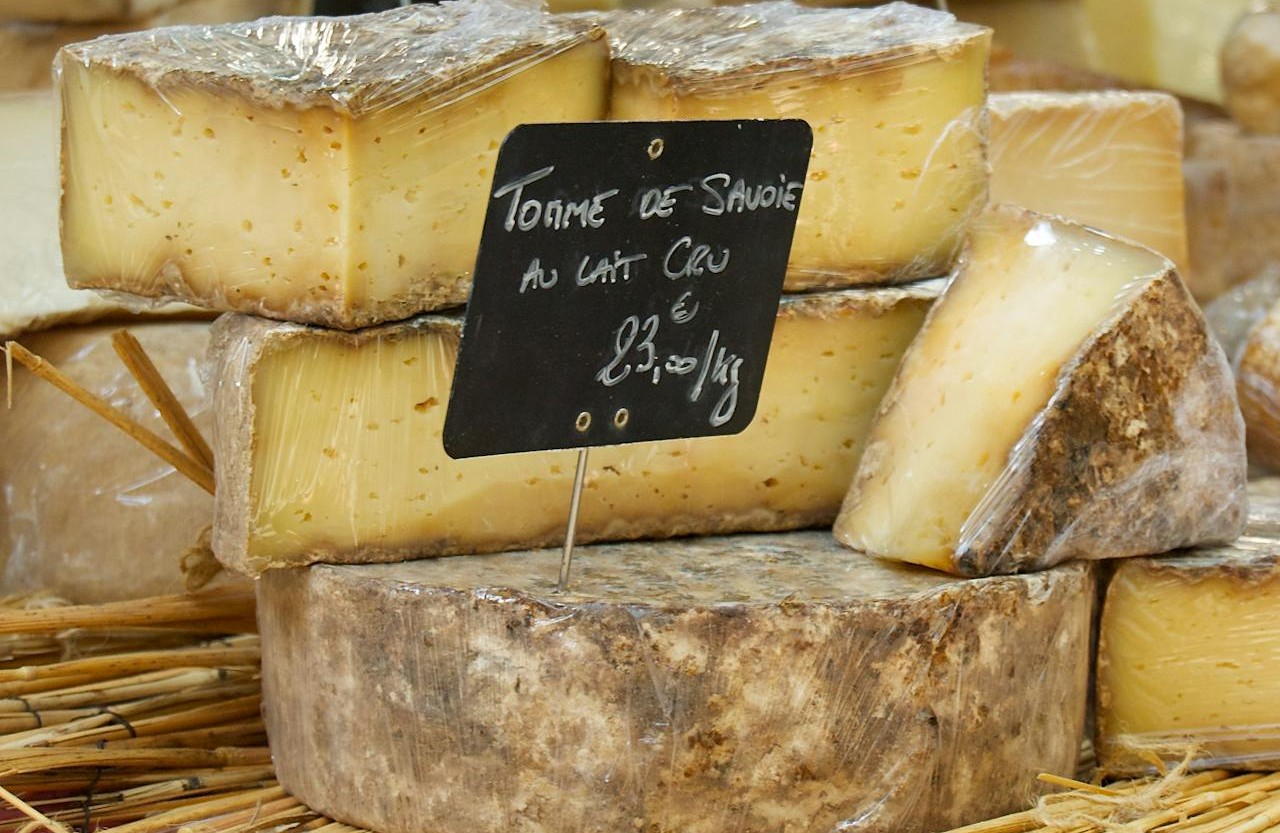
Raw milk has a devoted following among people who like its taste and old-fashioned image. Food safety agencies focus instead on bacteria and outbreaks, which is why the United States restricts interstate sales of young raw-milk cheeses and many countries ban raw milk entirely. Visitors who try to bring back unpasteurized cheeses from farm shops or markets often run straight into those rules. The cheese rarely survives the inspection, even if it traveled in careful chilled packaging.
Cured Sausages And Other Homemade Meats

Family recipes for cured sausages and dried meats feel like heritage in edible form. Border agents see them as untested animal products that could carry foot and mouth disease, swine fever, or other livestock threats. Countries with big agricultural sectors, including the United States and Australia, are especially tough on meat in luggage. Even beautifully packed, long-dried sausages, smoked hams, and spicy links are usually pulled, logged, and destroyed long before baggage reaches the carousel.
Fresh Fruit Stashed In Cabin Bags
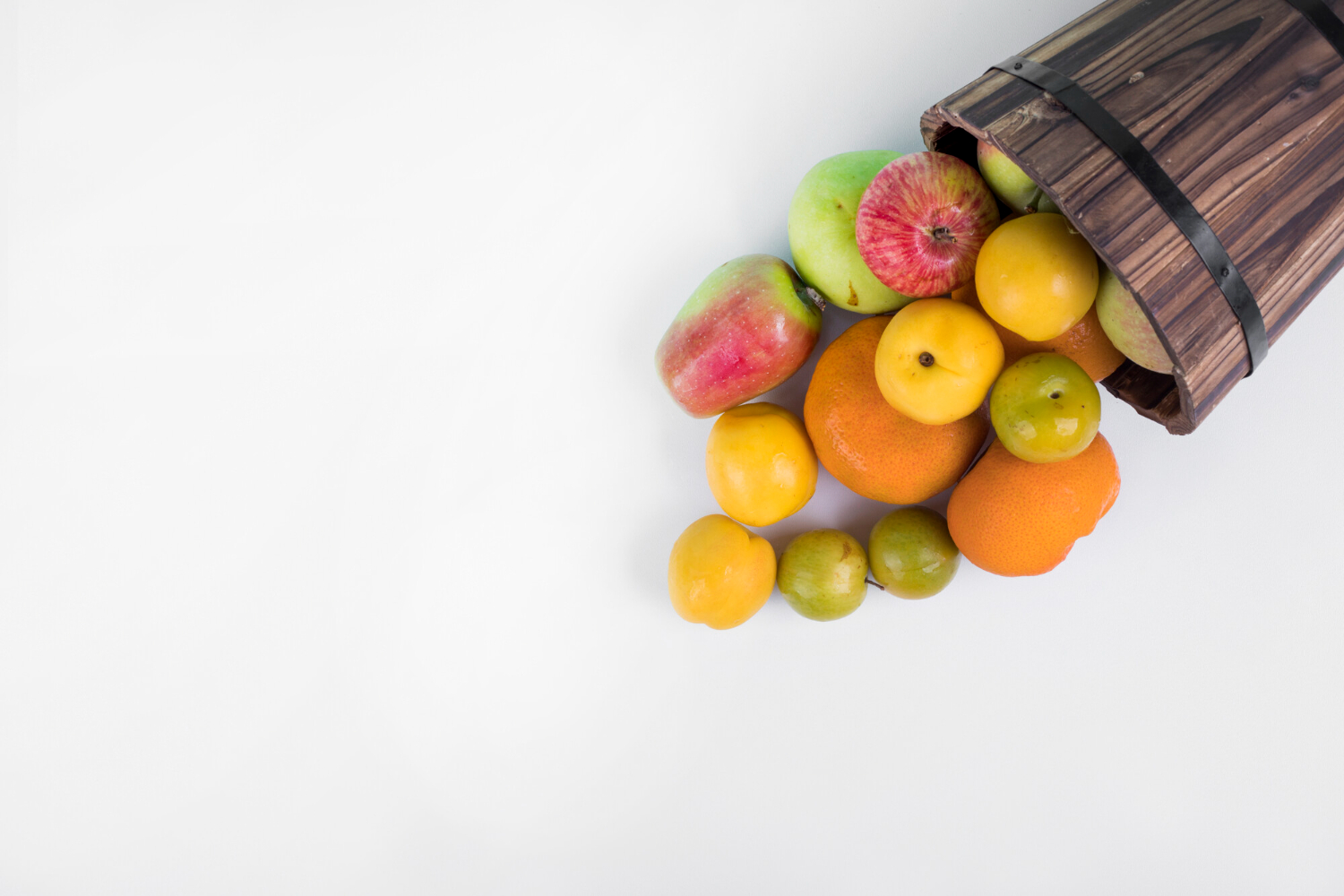
Fresh fruit often starts as a simple in-flight snack or a way to share flavors from home. An apple from the backyard tree, a bag of citrus, or a few mangos from a village market can feel too small to matter. Biosecurity officers think differently, especially in island nations where a single pest can devastate crops. When bags go through scanners, that forgotten piece of fruit becomes an expensive mistake and sometimes triggers an immediate on-the-spot fine.
Mooncakes With Egg Yolk Or Meat
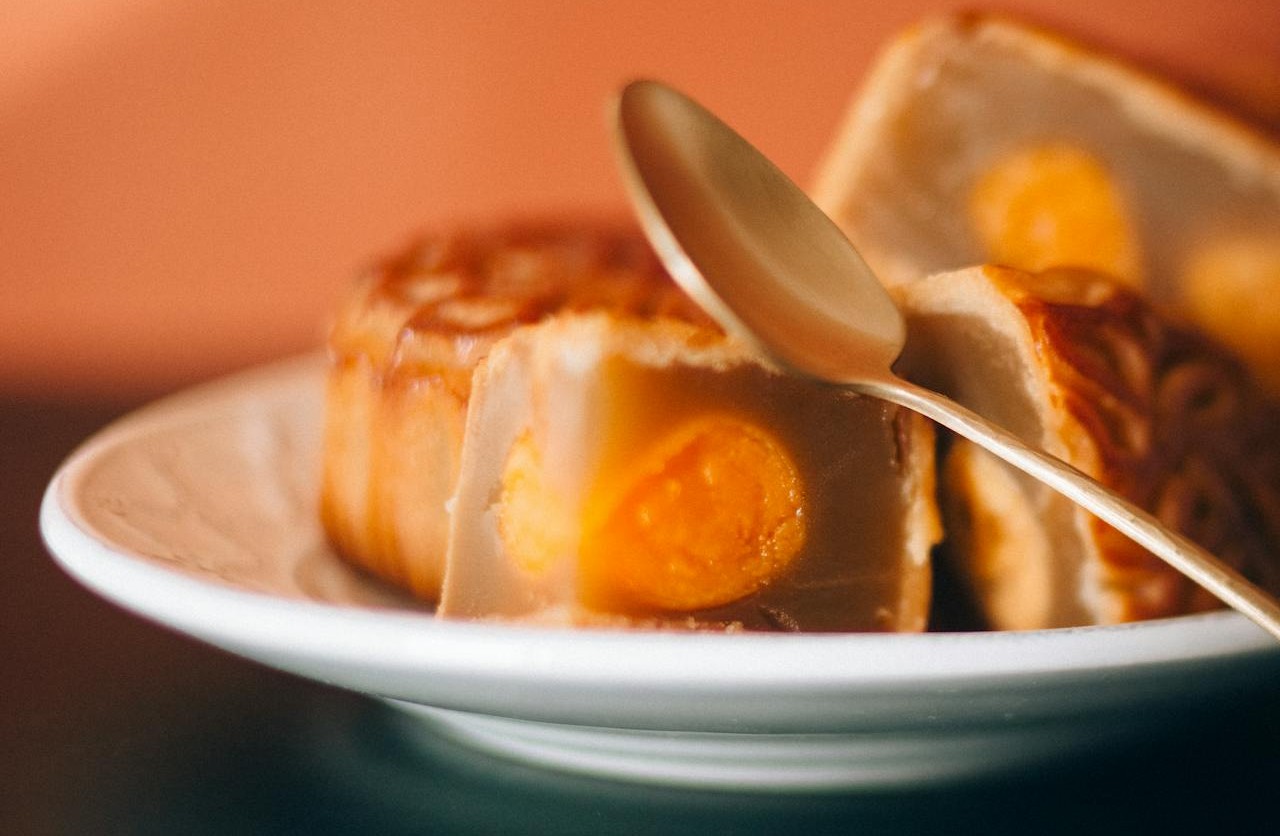
Mooncakes travel across continents as gestures of love, especially during the Mid-Autumn Festival. The problem begins when fillings include egg yolks or meat and the cakes are homemade or not clearly labeled. Some countries only allow fully commercial, shelf-stable versions, while others restrict animal products altogether. Suitcases full of beautifully decorated tins often get opened on inspection tables. Inside, those intricate pastries are recorded, photographed, and then quietly destroyed in the name of food safety.
Durian, The King Of Fruits Turned Nuisance
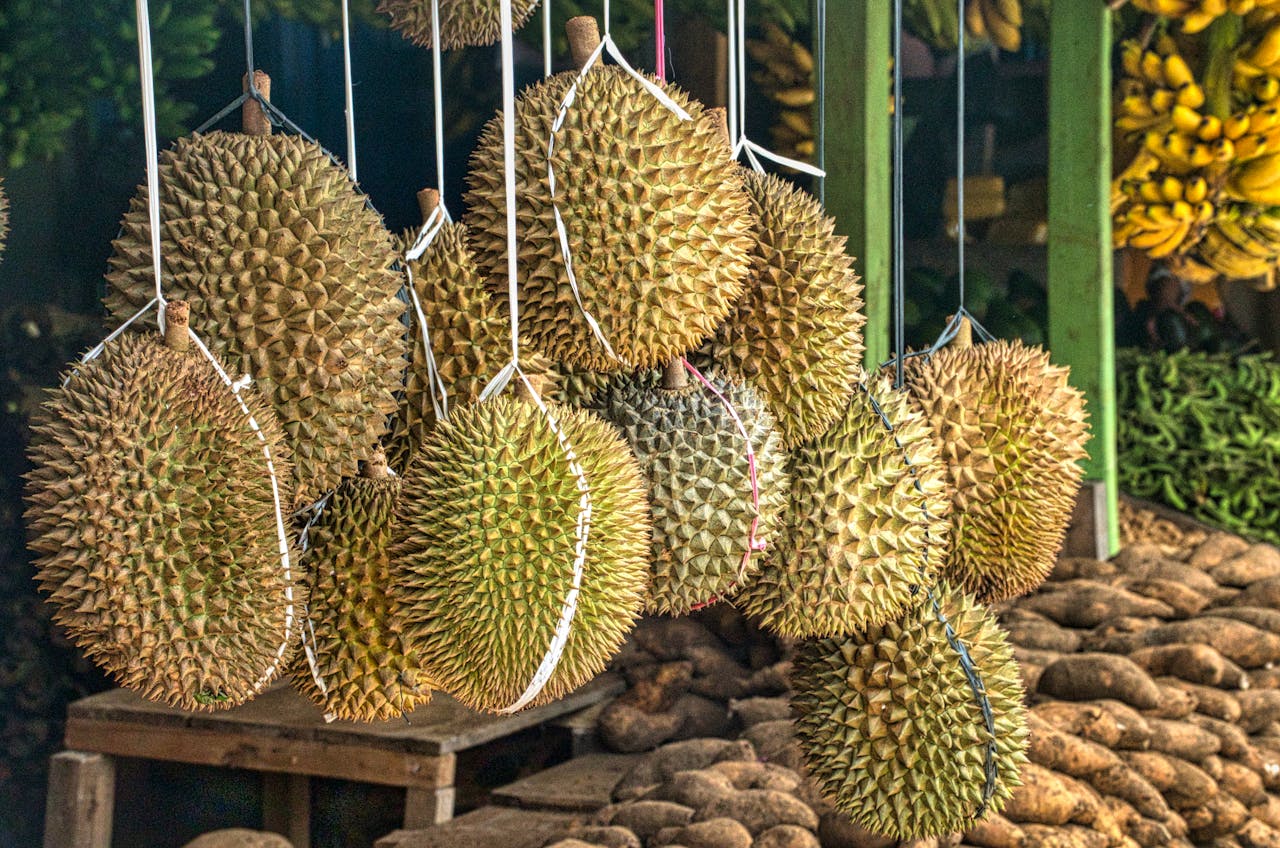
Durian lovers talk about creamy texture and complex flavor; critics notice the smell first and stop there. Across parts of Southeast Asia, the fruit is banned from many hotels and public transit systems because the odor clings to upholstery and air vents. Tourists still try to sneak one into a room or carry it in checked bags, thinking plastic wrap will help. It rarely does. Staff often respond with warning signs, cleaning charges, or outright confiscation.
Bushmeat From Home Countries
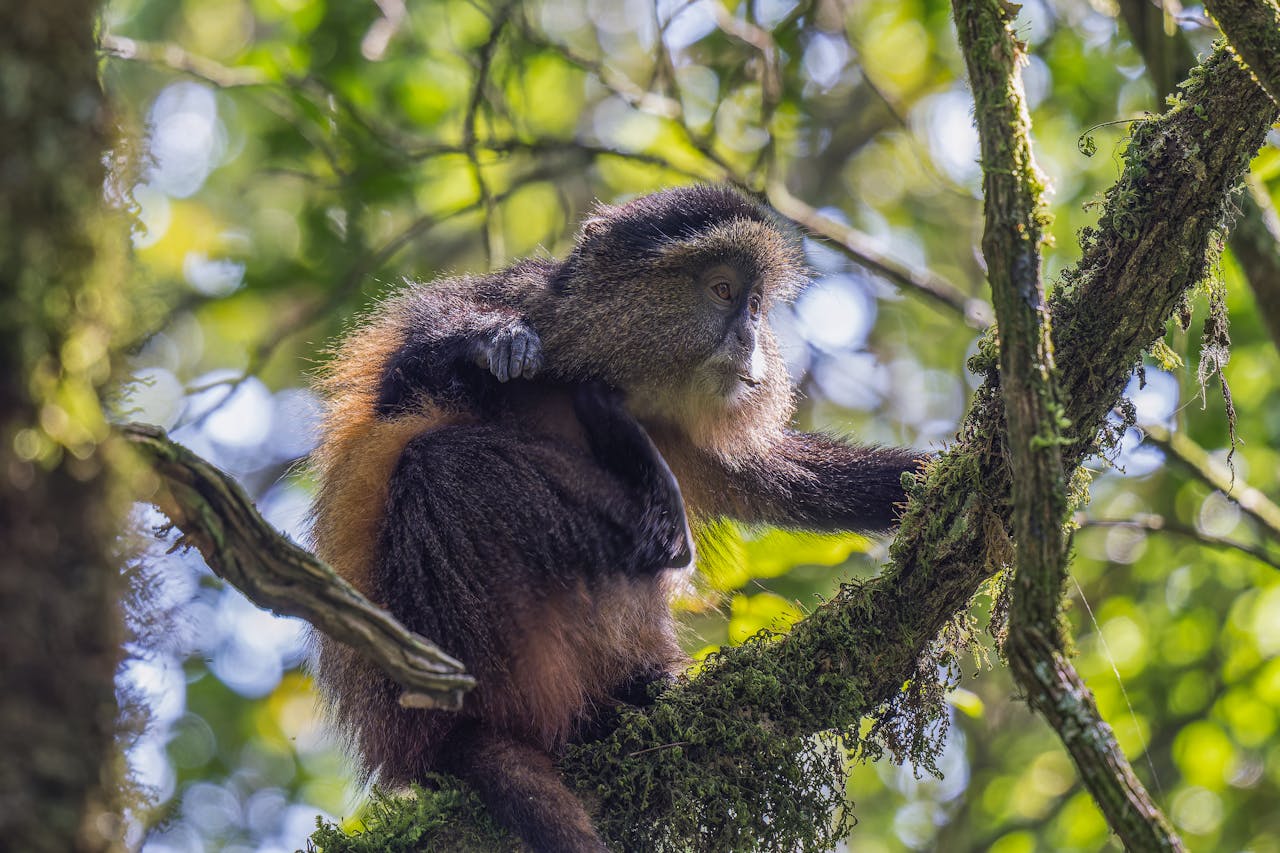
For some diaspora communities, bushmeat like smoked antelope, monkey, or cane rat is a direct link to home. International health agencies and customs officers view it as a serious risk for spreading dangerous pathogens and as a threat to protected wildlife. Even small, carefully wrapped portions in luggage can trigger investigation, fines, or worse. Despite repeated awareness campaigns, seizures continue at major airports, underscoring how strong the pull of familiar flavors can be across continents.
Whale Meat Souvenir Salami
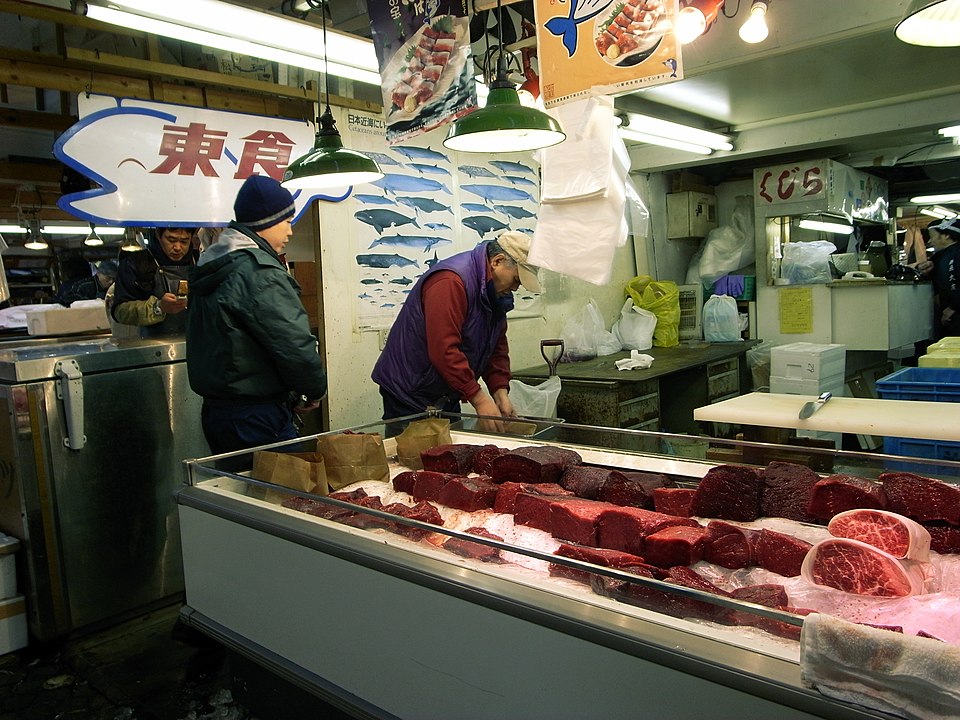
In parts of Norway and Japan, whale meat still appears on menus and in souvenir shops, sometimes shaped into gift-friendly salami sticks. Visitors who buy it as a curiosity often forget that many countries restrict trade in whale products or protect specific species under international agreements. When those vacuum-sealed souvenirs reach a stricter port, they set off alarms rather than delight. Customs officers confiscate them on arrival, leaving travelers with photos and a lesson in wildlife law.
Homemade Meat Pies, Tamales, And Sandwiches
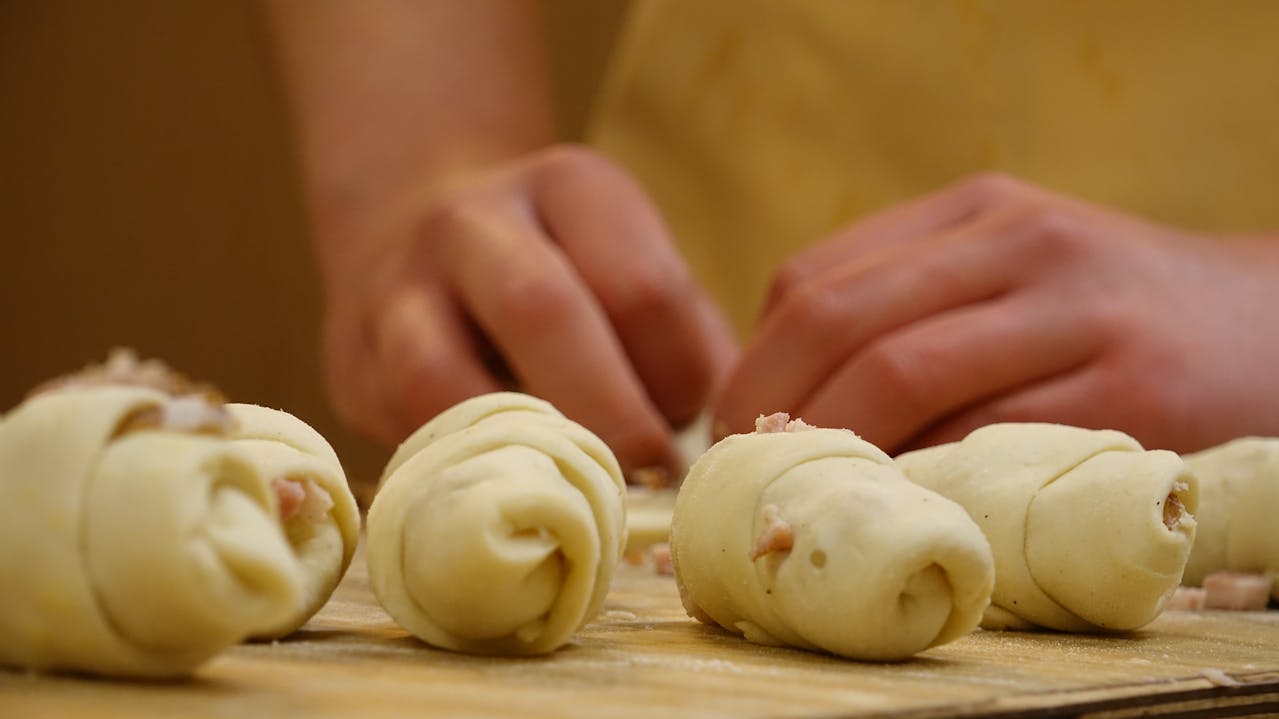
Packed lunches are one of the most common ways meat sneaks across borders. Families prepare trays of tamales, meat pies, empanadas, and stuffed breads for relatives abroad or for long travel days. To customs officers, homemade dishes are unlabelled animal products with unknown handling histories. They fall under the same bans as raw sausages or fresh cuts. Many travelers only learn this at the inspection belt, as their lovingly prepared food is removed and discarded.
Honey, Pollen, And Other Bee Products

Honey looks innocent in a suitcase, especially when it comes from a small farm or mountain village. Some countries worry less about the sweetness and more about diseases that can affect local bees or plants. That concern extends to pollen granules, royal jelly, and honeycomb. These items may require documentation or may be banned outright. Travelers expecting to give beautiful glass jars as gifts often watch them line up at customs counters, waiting for disposal.
Seeds, Spices, And Fresh Herbs
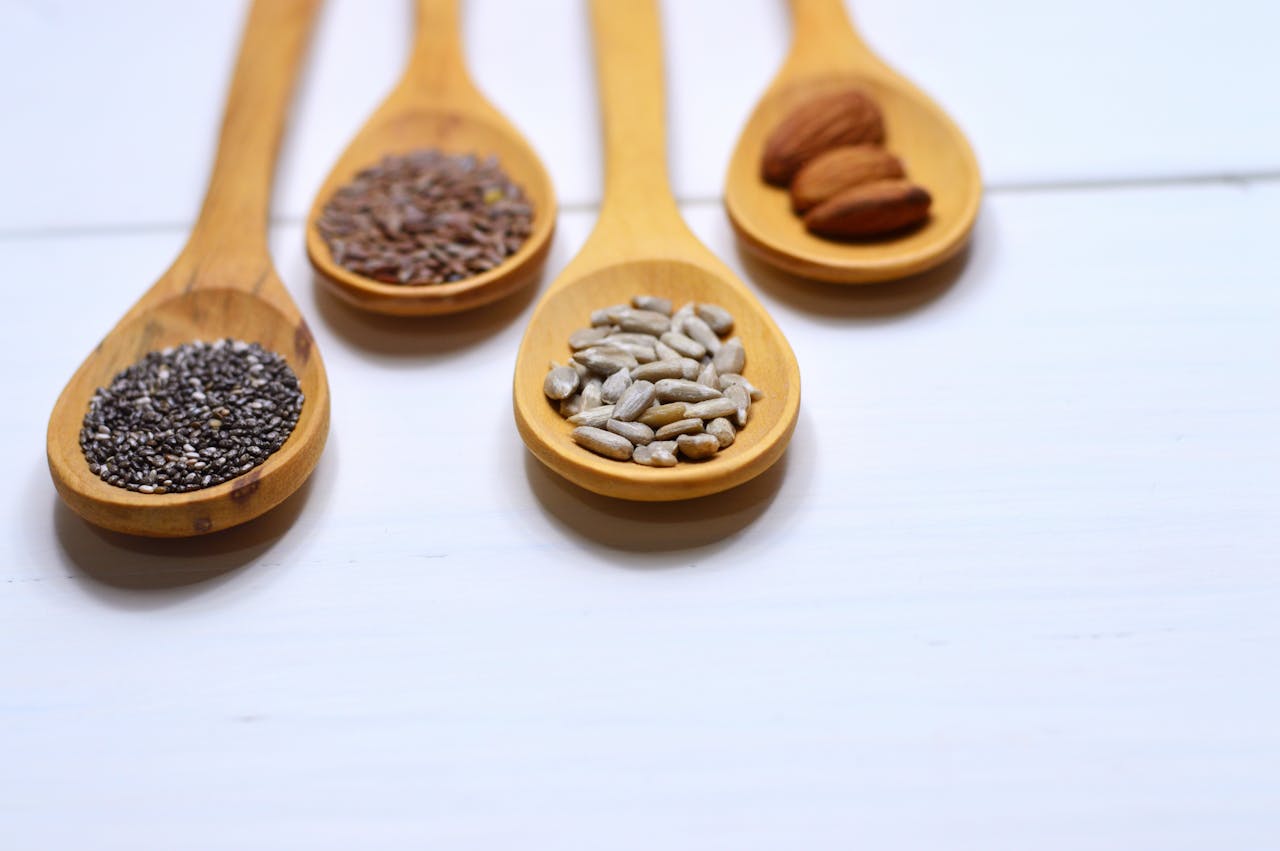
Spices feel safe, small, and easy to share, which is why so many people pack them. Trouble often starts when spice blends include whole seeds, fresh curry leaves, or other plant material. Countries with sensitive ecosystems, such as New Zealand and Australia, treat any seed as a possible invasive species or disease carrier. Even tightly sealed packets can be refused without the right paperwork. What feels like a culinary souvenir turns into a quiet defense of local soil.
